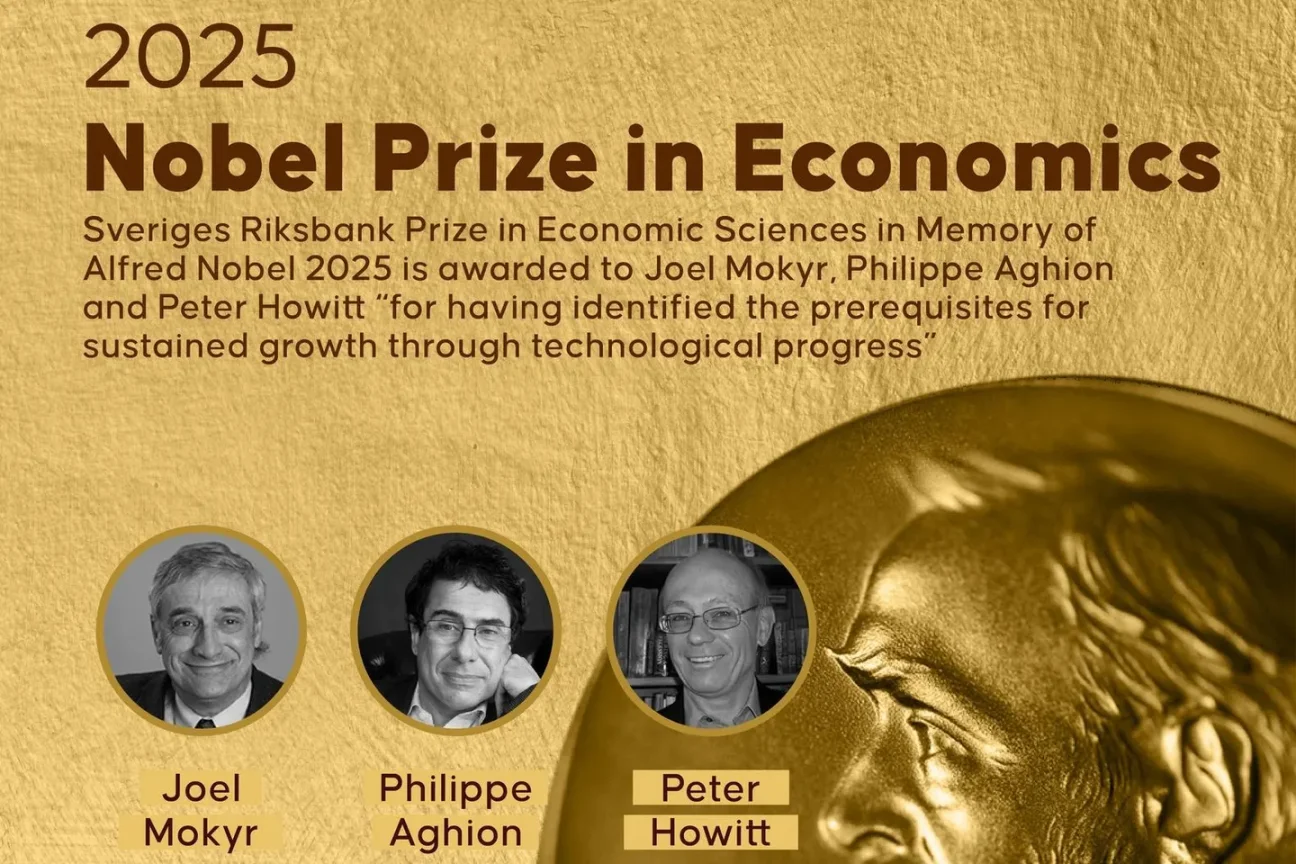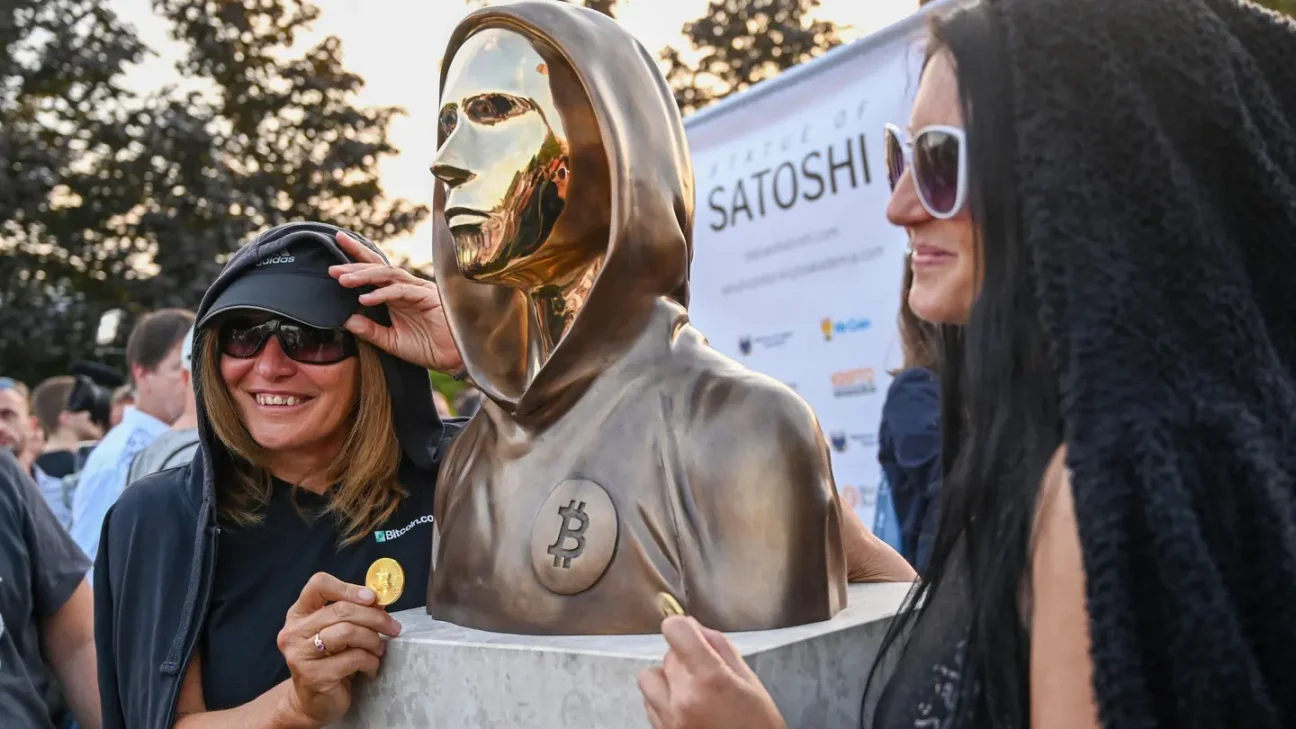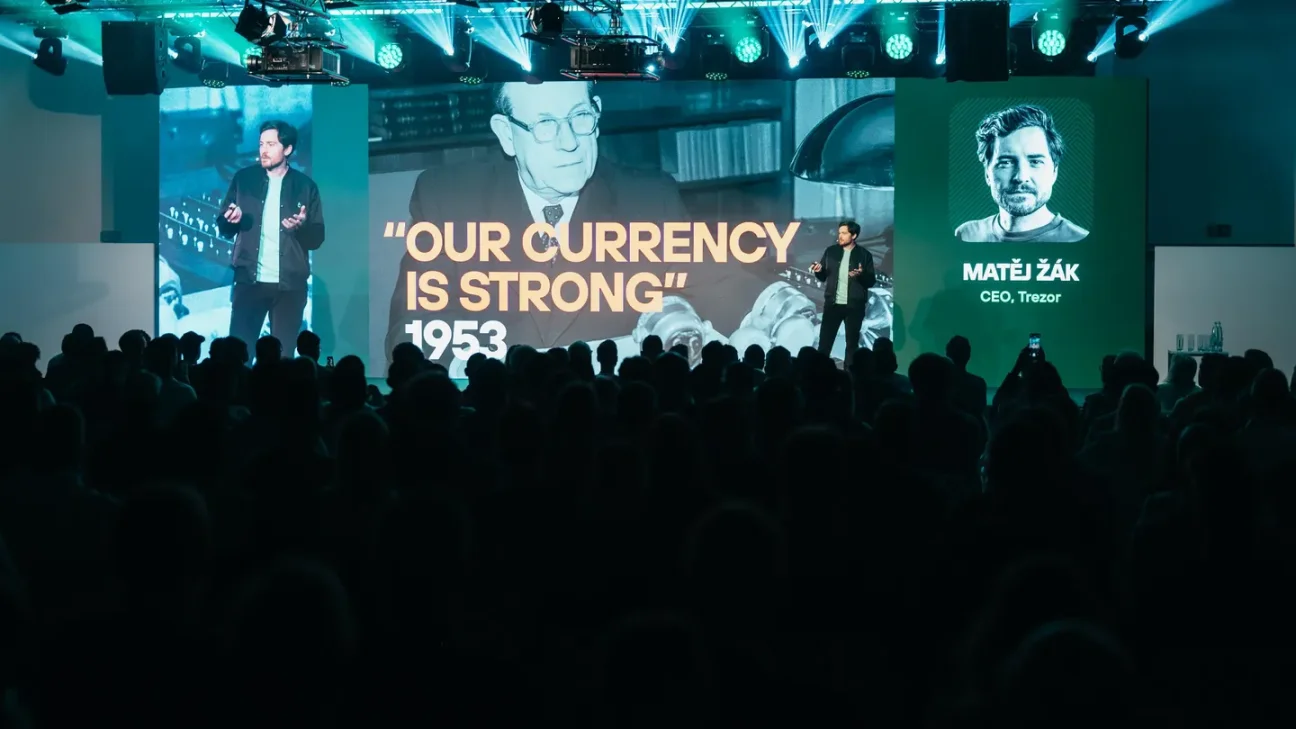Satoshi Nakamoto's Prophecy and Wall Street's Turnaround: An Unfinished Revolution
Freedom or assimilation? The ultimate battle for bitcoin lies not in code, but in the hearts and minds of people.
Freedom or assimilation? Bitcoin’s ultimate battle lies not in code, but in people’s hearts.
Written by: Jon Helgi Egilsson, Forbes
Translated by: AididiaoJP, Foresight News
This Friday marks the seventeenth anniversary of Satoshi Nakamoto’s release of the Bitcoin white paper.
Now, the revolution seems to have come full circle: Wall Street now holds the keys.
From BlackRock’s Bitcoin ETF to JPMorgan’s decision to accept Bitcoin and Ethereum as collateral, the very institutions Bitcoin was designed to bypass have now become its custodians, its biggest beneficiaries and advocates, and perhaps its greatest test.
From Economic Rebellion to Regulatory Recognition
This irony reveals a deeper truth about how revolutions evolve and why this moment is so critical.
First they ignore you, then they laugh at you, then they fight you, then you win.
This pattern, described by Gandhi, is often repeated in technological revolutions, and it is now appearing again. Bankers once mocked, regulators once fought, and now Wall Street embraces what it once dismissed.

Earlier this month, the Nobel Prize in Economics was awarded to Joel Mokyr, Philippe Aghion, and Peter Howitt for their complementary work on creative destruction and the culture of growth. Their research explains how progress depends on a society’s willingness to allow old institutions, technologies, and habits to be replaced by new, more efficient ones.
“Creative destruction,” a term coined by Joseph Schumpeter, is not just about innovation; it’s about the courage to break with convention. Mokyr links sustained growth to a culture that celebrates curiosity and experimentation, while Aghion and Howitt show how innovation advances by constantly replacing the old with the new—disruptive in the short term, but essential for long-term progress.
Bitcoin’s Creative Evolution
The story of Bitcoin and cryptocurrencies fits this pattern almost perfectly. What began as a rebellion against financial institutions is now being absorbed by them. Jamie Dimon once called Bitcoin “a fraud” and “without intrinsic value,” but now leads a bank that accepts it as collateral. The SEC was cracking down on crypto just last year, but has since made a historic shift, embracing it and openly considering crypto standards as a regulatory bridge to trillion-dollar markets.
As these institutions adapt, they are proving Mokyr’s point: progress rarely unfolds directly, but through resistance, absorption, and ultimately, cultural transformation—the very process that reshapes the institutions that govern society.
From Crypto Code to Cypherpunk Culture

ATTILA KISBENEDEK / AFP
Fans pose with a bronze statue of Bitcoin’s pseudonymous creator Satoshi Nakamoto. The hooded figure symbolizes the mystery behind Bitcoin’s origins and the movement it sparked seventeen years ago. Today, that revolution is no longer fought in code, but in culture. Communities around the world are working to win hearts and minds, turning technology into shared belief. As this year’s Nobel laureates remind us, only when innovation becomes part of a society’s culture can it reshape its institutions.
The milestones are real, but the mission is not yet complete. Institutional acceptance of Bitcoin marks progress, but its core promises—self-custody, open networks, and user sovereignty—are still being fought for on the cultural front lines. Around the world, Bitcoin-native builders and communities are shaping that culture from the ground up.
The energy of these gatherings is not just technical; it is cultural and communal. The struggle is no longer just about code, but about protecting individual choice and freedom in a world of intermediaries, increasing centralization, and surveillance. As Mokyr says, the transformation from technology to culture to institutions is still underway. The question now is whether society will finish what Satoshi started: not by writing new code, but by choosing the values that will define the next era of money and freedom.
The Battle for Bitcoin Has Begun
At a Bitcoin-themed event in Los Angeles this month, MIT’s Christian Catalini argued that open networks and interoperability are the foundation of the next era of payments. Catalini believes the future of money depends on shared infrastructure, not walled gardens, and that the fight for openness is ultimately cultural, not technical. Education and community will determine whether innovation remains free or is captured by vested interests.
A similar pattern appeared in Prague, where Trezor’s “Design is Trust” gathering viewed self-custody as a continuation of Europe’s long struggle for personal freedom. Speakers drew historical parallels between digital sovereignty and hard-won lessons of self-reliance, reminding participants that freedom is not a product feature; it is a mindset.

Prague, Czech Republic, October 21, 2025—at the “Design is Trust” conference in Prague, speakers focused less on technology and more on culture—the mindset that sustains financial freedom. “Czechs have learned not to trust authority,” said Matěj Žák, capturing a deeper theme of the event: lasting change begins with culture, because institutions rarely change before society does.
Meanwhile in Lugano, Switzerland, the “Plan B Forum” brought together policymakers, entrepreneurs, and technologists around a shared belief that Bitcoin’s core principles—transparency, openness, and individual choice—must go beyond financial markets and extend into the ways society governs itself. As one participant put it, “What started as Plan B is quickly becoming Plan A.”
These are not isolated events. Across podcasts, online communities, and social media, a broader movement to win hearts and minds is underway, reminding people that a revolution cannot succeed unless individuals believe in its values and act on them.
These gatherings are a kind of cultural engineering, the community-building of rebels. As Mokyr argues, once a technology is invented, its spread depends on culture: people’s willingness to adopt new norms and abandon old comfort zones.
The Bitcoin movement is testing this threshold. It has conquered the balance sheets of global institutions, but not yet the habits of individuals. Unless ordinary people both feel the need and have the confidence to hold their own keys, support open-source innovation, and trust public networks, the revolution remains incomplete.
A Revolution in Transition

NASA flight director applauds the safe return of Apollo 13, photo courtesy of Heritage Space/Heritage Images via Getty Images.
NASA flight directors applaud the safe return of Apollo 13, one of the most dramatic missions in space history. What began as a near-disaster ended in triumph through ingenuity, trust, and collaboration. This reminds us that some revolutions succeed through adaptation. Like Apollo 13, the revolution of Bitcoin and cryptocurrencies is in a period of transition. Its challenge today is not technical, but cultural: will society summon the same resolve to return to first principles and finish the unfinished business?
Seventeen years have passed. We no longer debate whether the technology works; we are deciding what kind of society we want it to serve. The choice is ours.
The phrase “Houston, we have a problem” from Apollo 13 has become shorthand for crisis, but the mission it referred to did not fail—it adapted. The astronauts solved their problems through ingenuity, trust, and collaboration, turning disaster into discovery.
Likewise, Satoshi’s revolution is not in crisis, but in transition. The challenge is not technical; it is cultural. Whether Bitcoin fulfills its founding promise or becomes just another layer of financial intermediation will depend on our collective choices. It depends on whether society, like those astronauts, decides to return to first principles and finish the unfinished business.
Independence and freedom from financial intermediaries are not granted by the institutions that profit from dependence; they are acts of will, conscious choices by users.
Freedom is not given; it is chosen. It is shaped by our culture, rooted in our values, and sustained by our choices.
The struggle continues.
Disclaimer: The content of this article solely reflects the author's opinion and does not represent the platform in any capacity. This article is not intended to serve as a reference for making investment decisions.
You may also like
Bitcoin starts $100K ‘capitulation’ as BTC price metric sees big volatility
Ripple Unlocking 1 Billion XRP Worth $2.5 Billion on November 1st

Ethereum’s Fusaka Upgrade Coming, Despite Price Struggles

From Tool to Economic Organism: AKEDO and the x402 Protocol Ignite a Productivity Revolution
This marks the formation of the foundational infrastructure for the Agentic Economy: AI now has the ability to make payments, creators have access to an ecosystem for automatic settlements, and platforms become the stage for collaboration among all parties.

